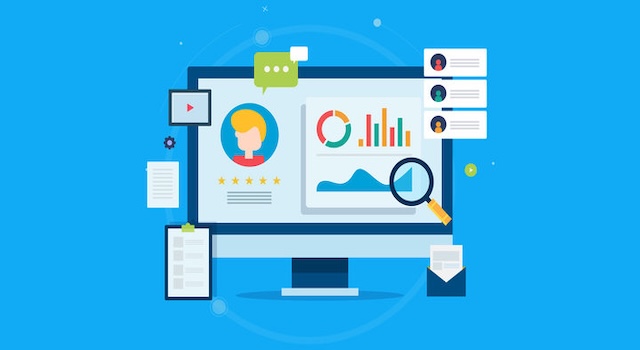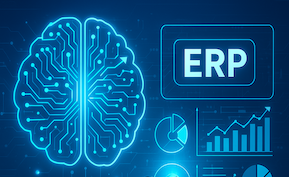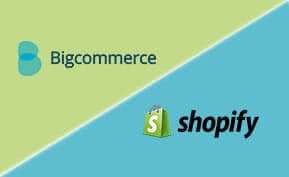Artificial Intelligence
CRM
Predictive CRM Analytics: How AI Forecasts Customer Behavior and Boosts Retention

Predictive CRM analytics is transforming how businesses understand and engage customers. By using AI and machine learning to analyze historical behavior, CRM platforms can now forecast churn, predict next purchases, and personalize marketing campaigns—all before customers act.
What is predictive CRM analytics?
Predictive CRM analytics combines data science, AI, and customer relationship management tools to forecast future customer actions. It uses historical data such as sales patterns, engagement metrics, and support interactions to identify trends and generate probability-based insights.
In essence, it helps teams answer questions like:
- “Which customers are most likely to churn next quarter?”
- “Who is most likely to buy a new product?”
- “What actions will improve renewal rates or upsells?”
How predictive CRM works
Modern CRM systems integrate machine learning models that automatically detect correlations across datasets. These models continuously learn from every customer interaction to improve predictions over time.
- Data collection: Gather data from CRM modules, website visits, email engagement, and social channels.
- Model training: AI models analyze patterns to predict outcomes like churn or purchase likelihood.
- Insight generation: The system provides actionable recommendations (e.g., “Offer a discount” or “Schedule a follow-up”).
- Automation: Predictive triggers initiate campaigns or sales tasks automatically.
Key benefits of predictive CRM analytics
- Reduced churn: Identify at-risk customers before they leave.
- Higher retention: Personalize outreach and loyalty campaigns using predictive scores.
- Increased upselling: Recommend the right products or services at the right time.
- Smarter sales prioritization: Focus sales teams on leads most likely to convert.
- Enhanced customer experience: Deliver more relevant, timely engagement across all channels.
Top predictive CRM features
- Lead scoring: AI assigns dynamic scores based on real-time engagement and historical data.
- Churn prediction dashboards: Visualize customer health and attrition risk.
- Next-best-action recommendations: Suggest specific steps for each customer segment.
- Sentiment analysis: AI tools evaluate customer tone in messages and reviews.
- Automated forecasting: Predict pipeline value and revenue based on current deal health.
Example use cases
- B2B SaaS company: Uses predictive analytics to detect customers showing declining logins and triggers proactive customer success calls.
- Retail brand: Analyzes past purchase behavior to recommend products most likely to appeal to each segment.
- Financial services: Scores clients by risk and engagement level to inform relationship management efforts.
Best predictive CRM software platforms (2025)
- Salesforce Einstein: Built-in AI engine for predictive scoring and opportunity insights.
- HubSpot Predictive Lead Scoring: AI-enhanced analytics for inbound marketing and sales forecasting.
- Zoho CRM Plus: Combines AI (“Zia”) with advanced trend forecasting and churn analytics.
- Microsoft Dynamics 365: Predictive insights and relationship scoring integrated with LinkedIn data.
- Pipedrive + Insights: AI-assisted sales predictions for SMBs and growth-stage teams.
Implementation best practices
- Start with clean data: Ensure your CRM data is accurate and deduplicated.
- Identify your KPIs: Focus predictive modeling on churn rate, deal closure, or lifetime value (LTV).
- Integrate cross-channel data: Combine marketing, support, and sales sources for richer insights.
- Monitor and retrain models: Review model accuracy quarterly to improve performance.
- Embed automation: Use triggers to act on predictions immediately, not reactively.
SEO-friendly FAQs
What is predictive CRM analytics? It’s the use of AI and machine learning within CRM systems to forecast customer behavior and guide decision-making.
How does predictive CRM reduce churn? By identifying customers showing early signs of disengagement and recommending personalized retention actions.
Do small businesses benefit from predictive CRM? Yes—modern cloud CRMs make AI tools accessible to SMBs for lead scoring, upselling, and customer insight.
Is predictive CRM expensive? Not necessarily—many mid-tier CRMs include built-in AI features without additional licensing costs.
Bottom line
Predictive CRM analytics is the next step in customer relationship management. By turning historical data into forward-looking insights, businesses can move from reactive service to proactive engagement—boosting retention, loyalty, and revenue along the way.






